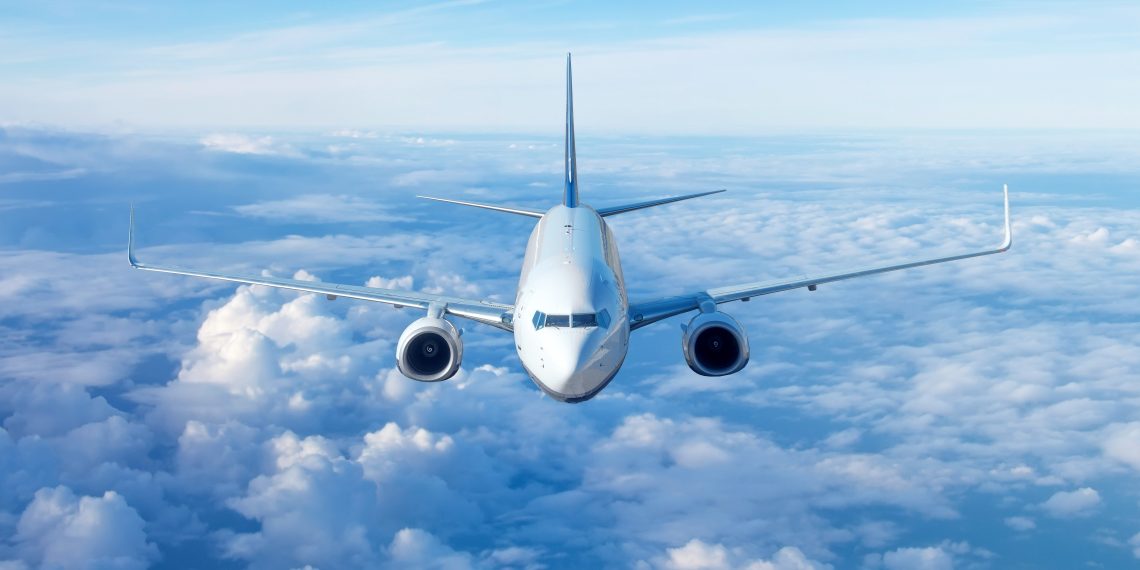Saudi Arabia’s flag carrier has announced a monumental purchase, indicating its commitment to expand tourism within the realm. The Saudia Group, representing both Saudia Airlines and budget airline Flyadeal, has revealed the acquisition of 105 new aircraft from the European manufacturer Airbus, a fleet comprising the A320neo family of jets, including a mix of 12 A320neos and 93 A321neos. This substantial order escalates Saudia Group’s total Airbus commitments to 144 of the A320neo family aircraft.
The expansion of the airline’s fleet comes as part of the nation’s strategic initiative to dramatically increase its tourist numbers, setting a target of welcoming over 150 million visitors by the year 2030. As a result, Saudia is scaling up the number of flights and seating availability across its widespread network, which currently spans more than 100 destinations.
In a recent financial overview, Airbus showcased robust performance within its commercial aircraft segment and has set an ambitious delivery goal for the year, aiming to hand over 800 commercial aircraft, which surpasses the previous year’s target by 67 units.
Contrasting with Airbus’s success, the American aerospace titan Boeing has been navigating turbulent times, particularly in light of recent incidents following the tumultuous grounding of its Max jets after two fatal accidents. The latest challenge emerged when a door plug detached from an Alaska Airlines 737 Max 9 in early January, further shaking confidence in the aerospace giant.
A key factor in Airbus’s ascendancy has been the launch of the A321neo, a single-aisle airplane that boasts a seating capacity ranging from 180 to 230 passengers, and features new engine options that provide improved fuel efficiency. This move has enabled airlines to significantly reduce one of their largest operating expenses. In response, Boeing introduced the Max, a revamped version of the 737 equipped with similar engine advancements, yet the model has been plagued by a variety of technical complications.
Despite the setbacks faced by Boeing, it is unlikely that Airbus will be able to significantly widen its lead in the market share battle between the two aviation behemoths. Airbus’s production capabilities are already at full throttle, with an outstanding order book of over 8,600 aircraft yet to be fulfilled.


